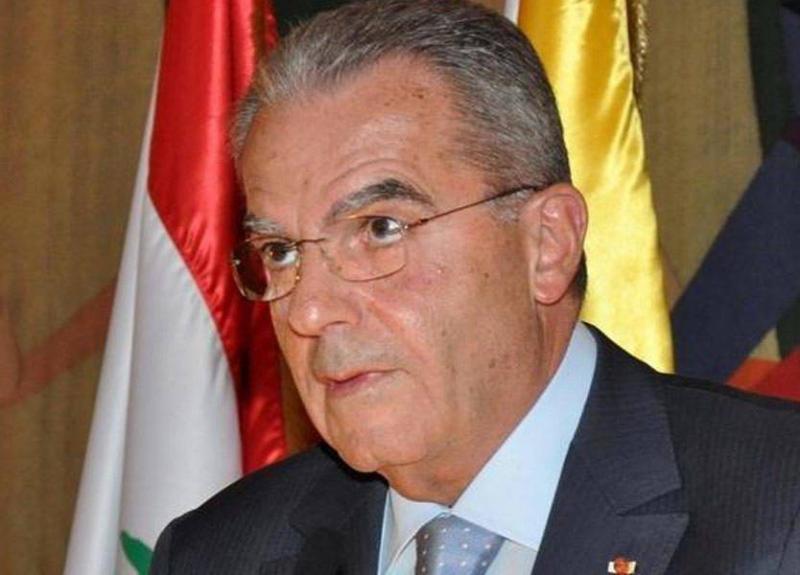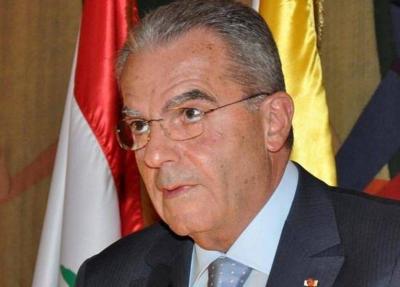Former Minister Wadi al-Khazen, a member of the Maronite General Council, warned against attacks on the military institution.
In a statement, Al-Khazen praised "the resilience of the army and the ability of its commander, General Joseph Aoun, to overcome the emerging challenges in light of the popular uprising in Tripoli and other regions." He added, "The statements that targeted the military institution to undermine its unity and coherence are reminiscent of the campaigns that shook the army's foundations in 1975, when the tragic events erupted in Lebanon and warlords divided the loyalties of officers from here and there. However, there is a stark contrast between that cursed moment in Lebanon's history and this moment, where the army operates under the command of the nation due to the convictions of its leadership, headed by General Joseph Aoun, who is noted for staying clear of any political bias when called to duty. The army possesses the resilience, strength, and capability to protect the country from any slip towards sedition amid the popular uprising in Tripoli and other regions."
Al-Khazen concluded his statement by emphasizing that the renewed campaigns against the army are a form of injustice and an attack on the institution, which is too resilient to be compromised in its structure and convictions.
Moreover, the assigned Prime Minister Saad Hariri criticized, in a series of tweets on Twitter, the army for not intervening to prevent the fires in government buildings in Tripoli. Hariri stated, "There is a responsibility that falls on those who are accountable, and the blame cannot be shifted onto the people of Tripoli... If there is a plan for extremism to infiltrate the city, who is opening the doors? And how can the state allow that during one of the worst and most dangerous phases in Lebanon's history?"




